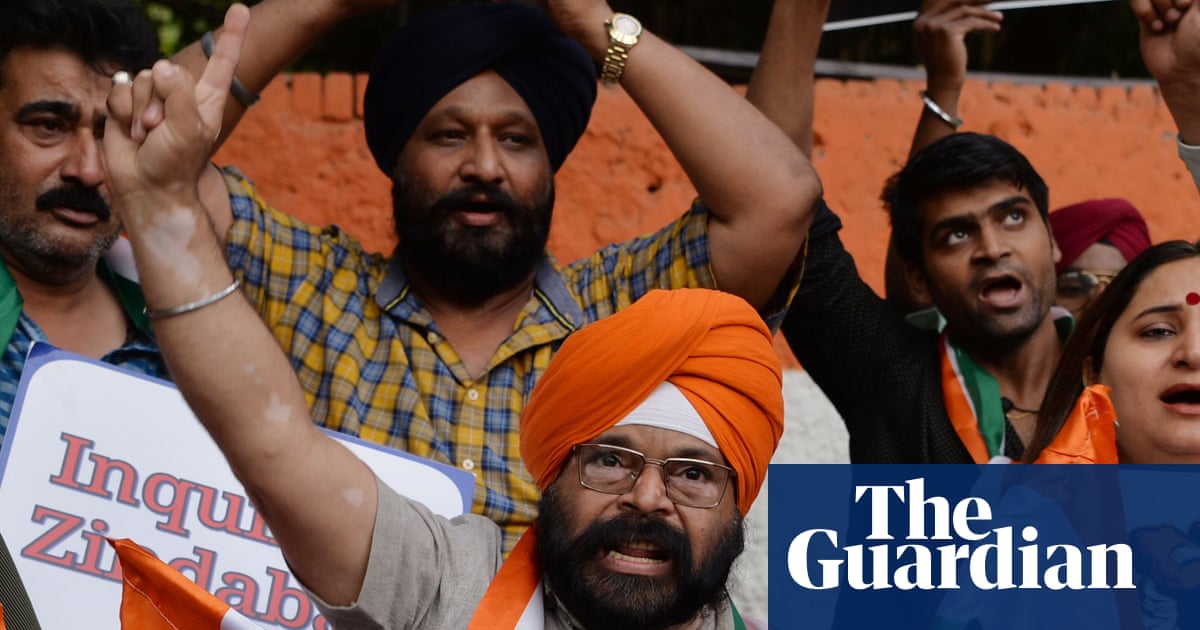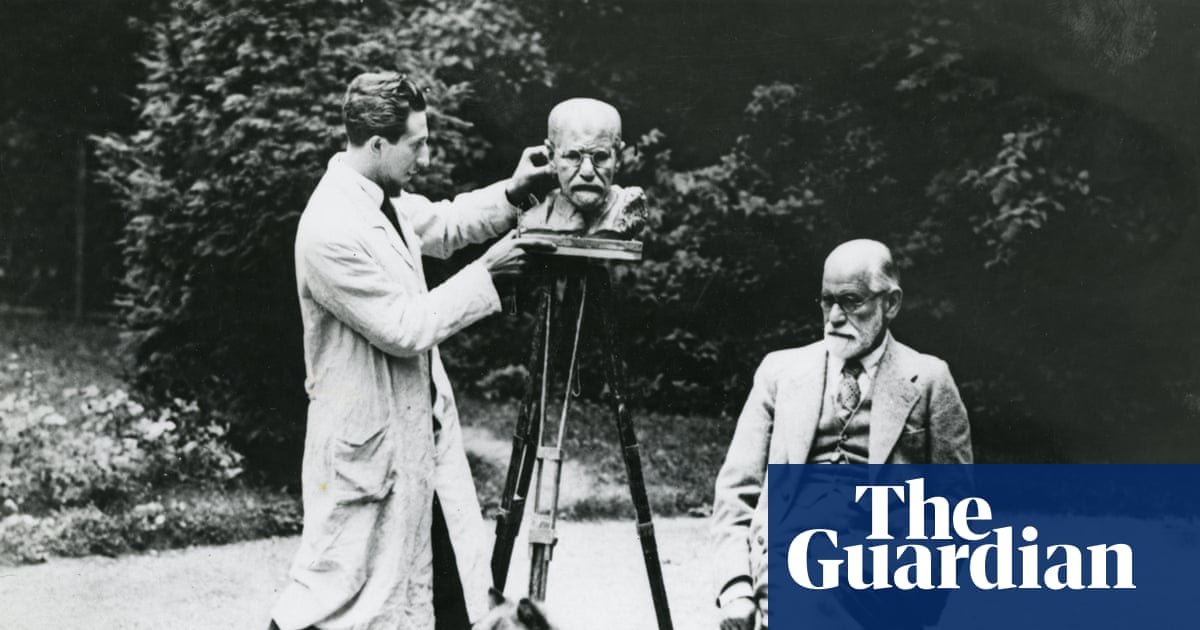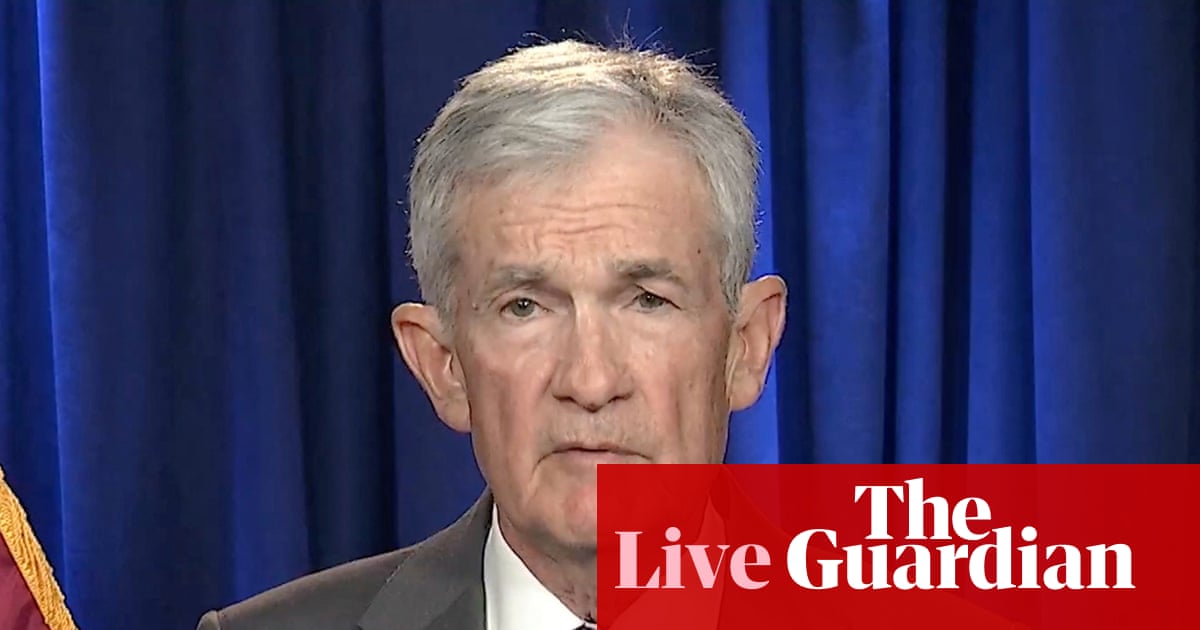Noel Clarke has been ordered to pay the Guardian an initial £3m towards its legal costs from successfully defending his libel claim over an investigation in which the actor was accused of sexual misconduct by more than 20 women.
Mrs Justice Steyn made the order at the high court on Tuesday after hearing that the Guardian’s total legal costs, which it is seeking to recover from the former Dr Who star, were “significantly in excess of £6m”.
In a landmark high court judgment handed down last month, Steyn rejected Clarke’s claims and ruled that the newspaper had succeeded in both its defences: of truth and public interest.
Making her order on Tuesday, the judge said that the actor could expect to pay a higher proportion of the costs of the winning party – the Guardian – than usual because of his conduct during the trial.
She said that she had found him to be “not a credible or reliable witness” who had made a “far fetched and indeed false” case that the articles about him in the Guardian which he complained of were untrue.
Clarke had shown a “general pattern of only being prepared to admit that which was established by documentary evidence”, said Steyn.
At trial, Clarke had made allegations that victims of – and witnesses to – his acts were lying, perverting the course of justice and conspiring against him. He accused one witness of making multiple rape allegations and another of falsifying the date on a Snapchat screenshot, “all of which were untrue and baseless”, said Steyn.
The judge also said that Clarke had made “wholly unfounded allegations of dishonesty against three professional journalists”: the Guardian’s head of investigations, Paul Lewis, and the authors of the investigation, Sirin Kale and Lucy Osborne.
Steyn said the total legal costs incurred by the Guardian had been increased by the conduct of Clarke and his legal team. Steyn said that was “something the claimant has to bear responsibility for”.
In written submissions, Gavin Millar KC, for Guardian News & Media, said “Clarke’s unreasonable conduct” included introducing unfounded allegations of a conspiracy against him. This had “inevitably massively increased the scale and costs of the litigation by giving rise to a whole new un-pleaded line of attack against witnesses and third parties”.
The court heard that usually an interim payment would be 75% to 80% of the total amount the losing party in the case was likely to end up paying.
Steyn said: “It seems to me that the sum of £3 million sought by the defendant is appropriate and no more than what ought to be reasonably ordered in this case.
“It is substantially lower than the defendant’s likely level of recovery on detailed assessment and so in my judgment, it does allow for a suitably wide margin of error.”
She gave Clarke 28 days to make the payment.
The writer and producer of the Kidulthood trilogy had argued that the costs order should be stayed pending his decision on whether to appeal. But Steyn said that Clarke had already been granted an extension on the usual time limit for applying for permission to appeal to Tuesday’s hearing and it would not be appropriate to extend it further.
The actor represented himself at court. He said in written submissions that his legal team who “largely acted on a no-win, no-fee basis resigned when I could not provide funds for this hearing”.
Clarke said he had used his life savings to fight the case, had remortgaged the family home and had little or no income for over four-and-a-half years, arguing that the judge should take that into account when making the interim costs order.
But Steyn told him that a party’s ability to pay only becomes relevant at the enforcement stage, not when determining the appropriate amount.

 3 months ago
88
3 months ago
88

















































